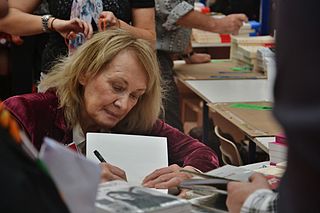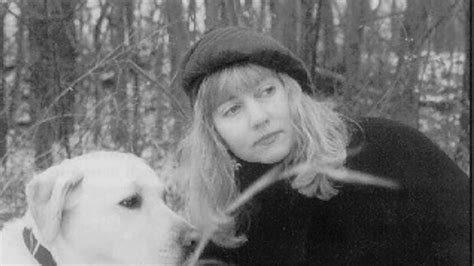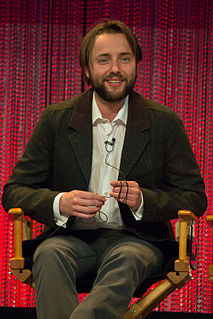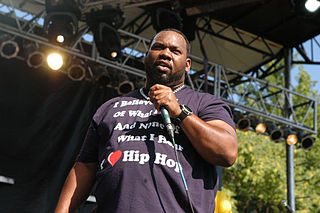A Quote by Tracy K. Smith
I wanted to write the kind of poetry that people read and remembered, that they lived by - the kinds of lines that I carried with me from moment to moment on a given day without even having chosen to.
Related Quotes
There is no bleaker moment in life of the city than that one which crosses the boundary lines between those who have not slept all night and those who are going to work. It was for Sabina as if two races of men and women lived on earth, the night people and the day people, never meeting face to face except at this moment.
Naturally I feel no shame in writing these things because of the time which separates the moment when they are written--when only I can see them--from the moment when they will be read by other people, a moment which I feel will never come. By then I could have had an accident or died; a war or a revolution could have broken out. This delay makes it possible for me to write today, in the same way I used to lie in the scorching sun for a whole day at sixteen, or make love wihout contraceptives at twenty: without thinking about the consequences
Everyday, the mail brings the thousands of letters, and you hand over to Me personally hundreds more. Yet, I do not take the help of anyone else, even to open the envelopes. For, you write to me intimate details of your personal problems, believing that I alone will read them and having implicit confidence in Me. You write, each one only a single letter, that makes for Me a huge bundle a day; and I have to go through all of them. You may ask how I manage it? Well I do not waste a single moment.
The best thing about conceptual poetry is that it doesn’t need to be read. You don’t have to read it. As a matter of fact, you can write books, and you don’t even have to read them. My books, for example, are unreadable. All you need to know is the concept behind them. Here’s every word I spoke for a week. Here’s a year’s worth of weather reports... and without ever having to read these things, you understand them.
My feeling is that most political poetry is preaching to the choir, and that the people who are going to make the political changes in our lives are not the people who read poetry, unfortunately. Poetry not specifically aimed at political revolution, though, is beneficial in moving people toward that kind of action, as well as other kinds of action. A good poem makes me want to be active on as many fronts as possible.
A lot of people think they can write poetry, and many do, because they can figure out how to line up the words or make certain sounds rhyme or just imitate the other poets they've read. But this boy, he's the real poet, because when he tries to put on paper what he's seen with his heart, he will believe deep down that there are no good words for it, no words can do it, and at that moment he will have begun to write poetry.
I always write to the moment. I've always been that kind of emcee. I don't wanna come in with all the paperwork and all o' that or whatever. That's good when you just an emcee from off the block that really don't have to work as hard as the next man. But when, you know... Y'all make me write like this, from, I guess, me makin' a classic and everybody callin' my stuff classic material - that makes me have to work ten times harder. But a lot o' times things just happen at the moment for me: spur o' the moment. That's just how it goes sometimes.
Within a year after I write a play I forget the experience of having written it. And I couldn't revise or rewrite it if I wanted to. Up until that point, I'm so involved with the experience of having written the play, and the nature of it, that I can't see what faults it might have. The only moment of clear objectivity that I can find is at the moment of critical heat - of self-critical heat when I'm actually writing.
It carried quite a wallop. I have all the classic symptoms. Reflection. Where am I now? Where have I come from? What's important? Dealing with the moment of a different kind of feeling for mortality. Shifting of the body. Contextualizing or reevaluating behaviors and values. All those kinds of things.
I have learned that my assignment is to write books for people who do not like to read books. I really try to connect with people who are not given to spending a lot of time with an open book. Pay day to me is when somebody comes up to me and says, "I never read books but I read yours." I have a heart for that person.







































